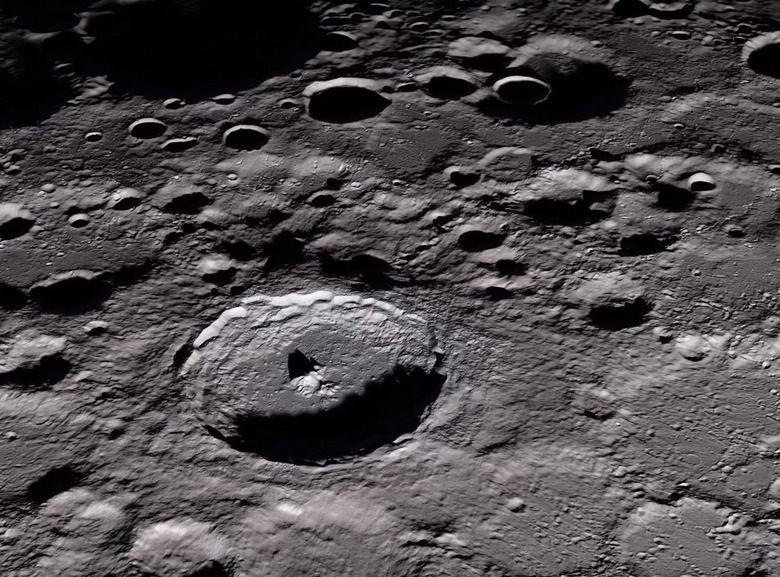NASA's 2024 Moon Mission Is In Serious Trouble
- NASA needs a lot of money if it hopes to achieve a crewed mission to the Moon by 2024, but lawmakers aren't giving in.
- A budget proposal for NASA asked for nearly $5 billion but was cleared for just over $1.5 billion, making a Moon return impossible
- NASA is hopeful that the Senate will be more willing to boost its budget, but that remains to be seen.
The Trump administration gambled in a big way when it mandated that NASA find a way to return humans to the Moon by 2024. The decision was decried by many scientists and analysts as short-sighted, as it was an incredibly short timeline that would require not only a huge effort on the part of NASA and its commercial partners but also an incredible investment on the part of the US government.
Securing a large enough budget has proven difficult for NASA, and despite the order to return to the Moon coming straight from the top, lawmakers who decide how much money NASA should receive for its efforts have clearly not seen the value in a return to the Moon. Now, as The Hill reports, a new bill detailing NASA's funding falls well short of the cash the space agency will need in order to fulfill the Moon 2024 promise.
The administration had initially requested a whopping $4.7 billion for NASA's efforts to explore space. That amount would have helped the progress of the Artemis missions which would include crewed missions to the lunar surface. Lawmakers in the House decided that was a bit too high, and sliced things down to just $1.56 billion, which is well, well below the amount that is needed to make it to the Moon by 2024.
NASA Administrator Jim Bridenstine offered a statement on the decision, and while his wording initially appears complimentary, you don't have to read too far into it to realize what he's really saying.
"I want to thank the House Commerce-Justice-Science subcommittee for the bipartisan support for NASA's Artemis program," Bridenstine said. "The $628.2 million in funding for the human landing system (HLS) is an important first step in this year's appropriations process. We still have more to do and I look forward to working with the Senate to ensure America has the resources the first woman and next man on the moon need in 2024."
Put simply, Bridenstine is hoping that lawmakers in the Senate will be more supportive of the Artemis mission plans and, as a result, kick a whole lot more cash in NASA's direction. Budgets are complicated and go through many revisions, and it's possible (or even likely) that the Senate will come up with additional funding for NASA's Moon exploration efforts despite the meager allowance offered by the House.
It's also worth noting that the timeline of NASA's Moon 2024 efforts is already a crunch, and any delays could lead to a dramatic delay in the date of missions that would actually send humans back to the Moon. With a lack of cash, an incredibly short deadline, and a global health crisis working against the space agency, it's looking increasingly likely that it'll take a near miracle for NASA to pull it off.
